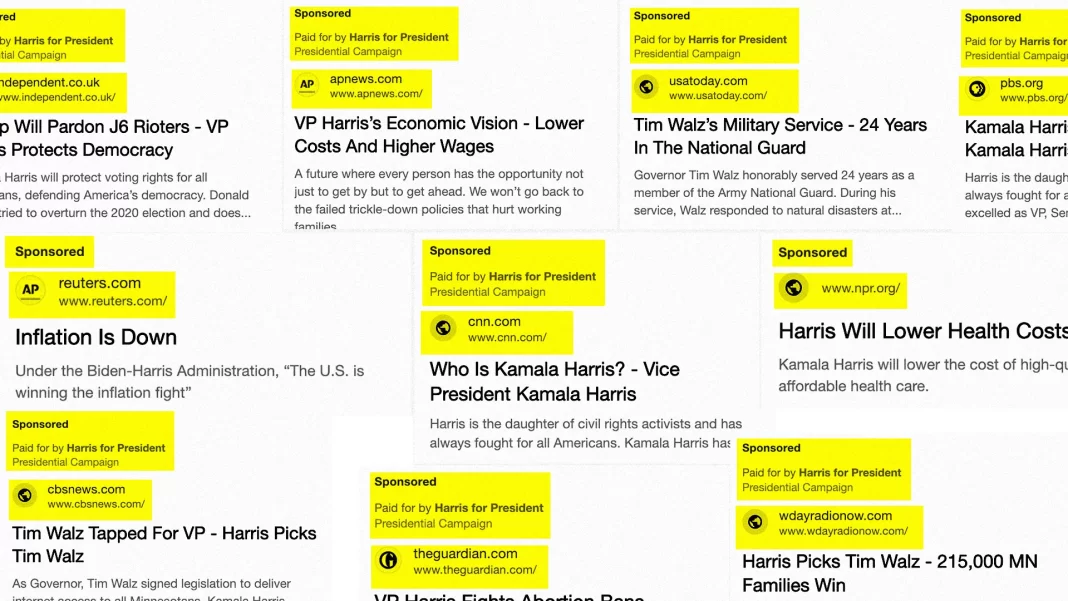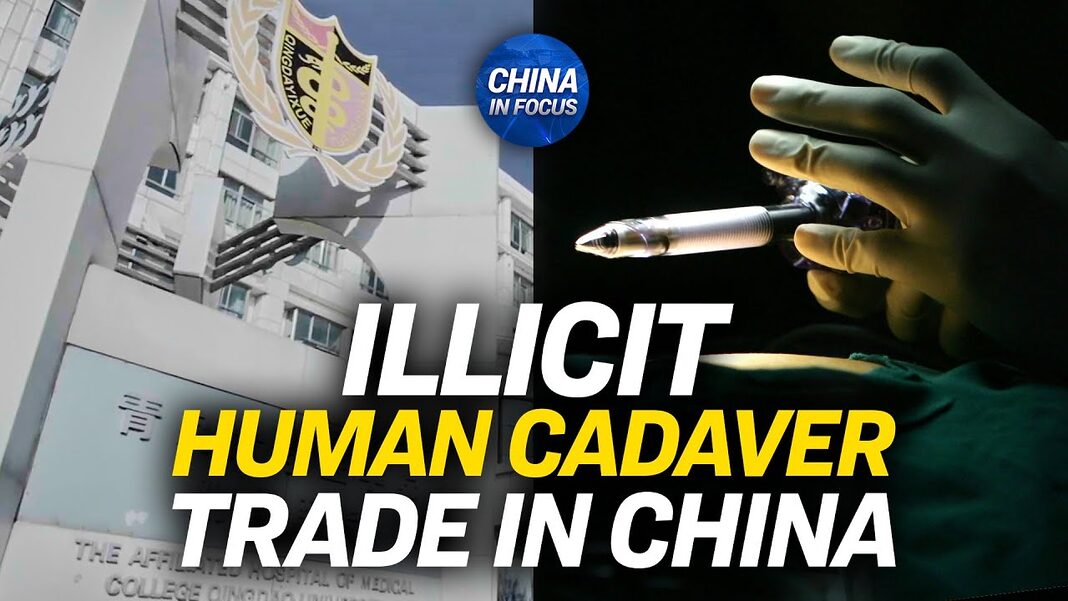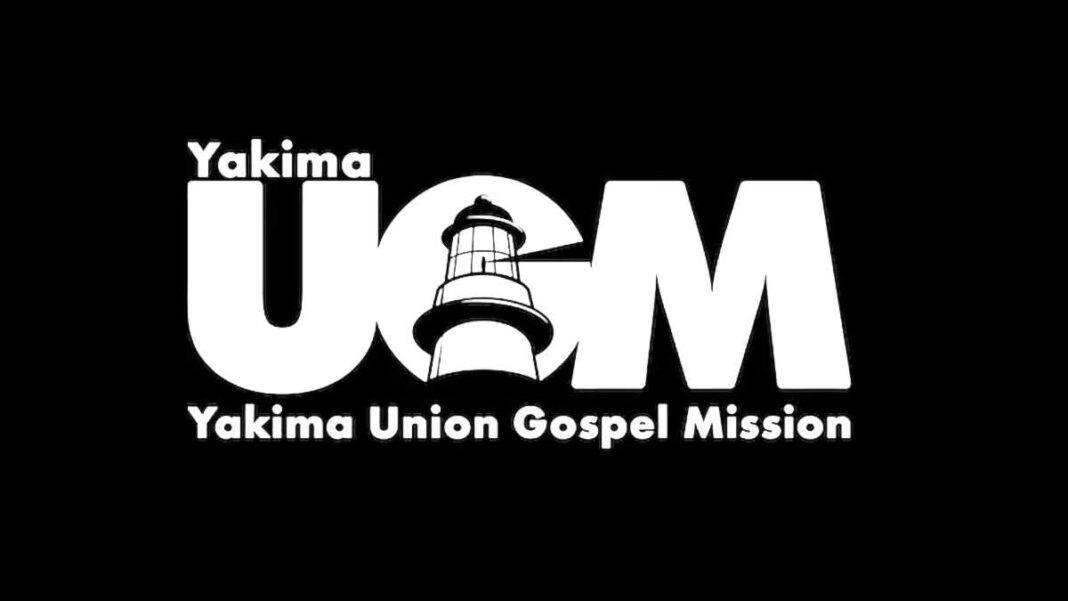The Harris campaign has been editing news headlines and descriptions within Google search ads that make it appear as if the Guardian, Reuters, CBS News and other major publishers are on her side, Axios has found.
Why it matters: It’s a common practice in the commercial advertising world that doesn’t violate Google’s policies, but the ads mimic real news results from Search closely enough that they have news outlets caught off guard.
- According to Google’s ad transparency center, the Trump campaign isn’t running these types of ads, but this technique has been used by campaigns before.
- The ads say that they are sponsored, but it’s not immediately clear that the text that accompanies real news links is written by the campaigns and not by the media publication itself.
What they’re saying: “While we understand why an organization might wish to align itself with the Guardian’s trusted brand, we need to ensure it is being used appropriately and with our permission. We’ll be reaching out to Google for more information about this practice,” a Guardian spokesperson said.
- Spokespeople for brands such as CNN, USA Today and NPR, whose links appeared in Harris for President ads, said they were unaware their brand was being featured this way.
Reality check: Google said the ads don’t violate its rules, but platforms have in the past wrestled with whether this type of format can spread misinformation.
- Facebook banned the ability for advertisers to edit text from Instant Article news links in their ads in 2017, citing its “continuing efforts to stop the spread of misinformation and false news.”
- Google argues that because ads on Search are prominently labeled as “Sponsored,” they’re “easily distinguishable from Search results.”
- For years, a Google spokesperson said, “we’ve provided additional levels of transparency for election ads specifically.”









